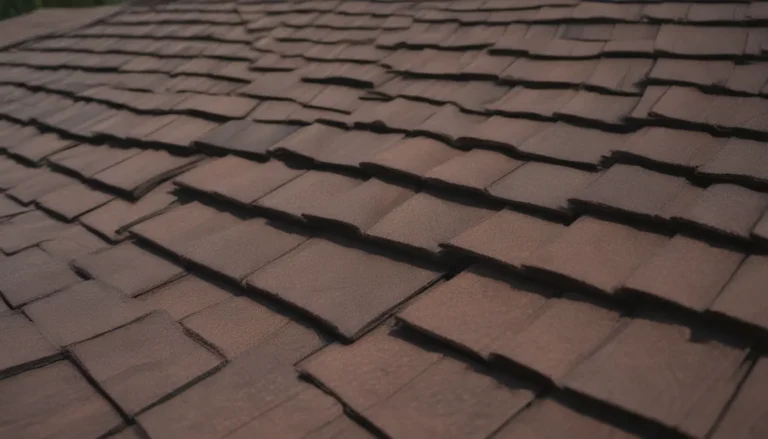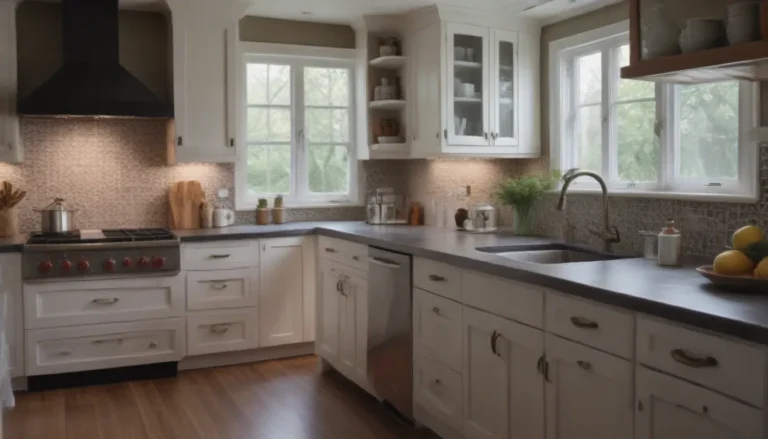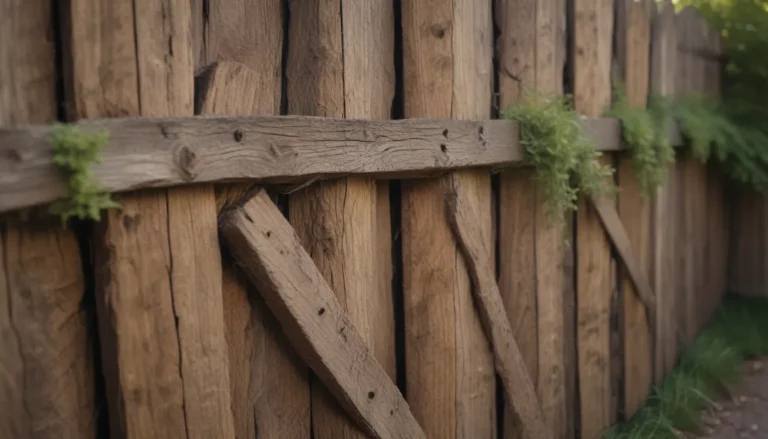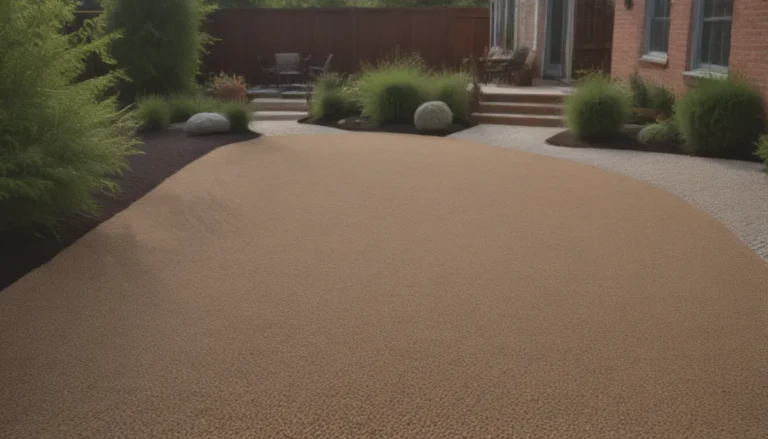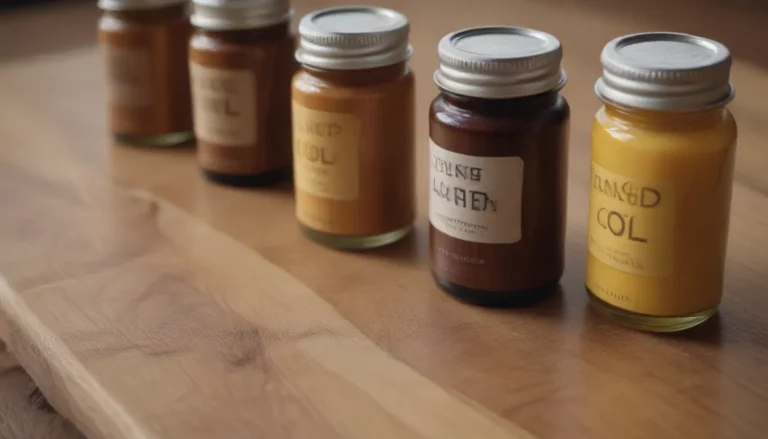The Ultimate Guide to Finishing Your Basement: DIY vs Professional
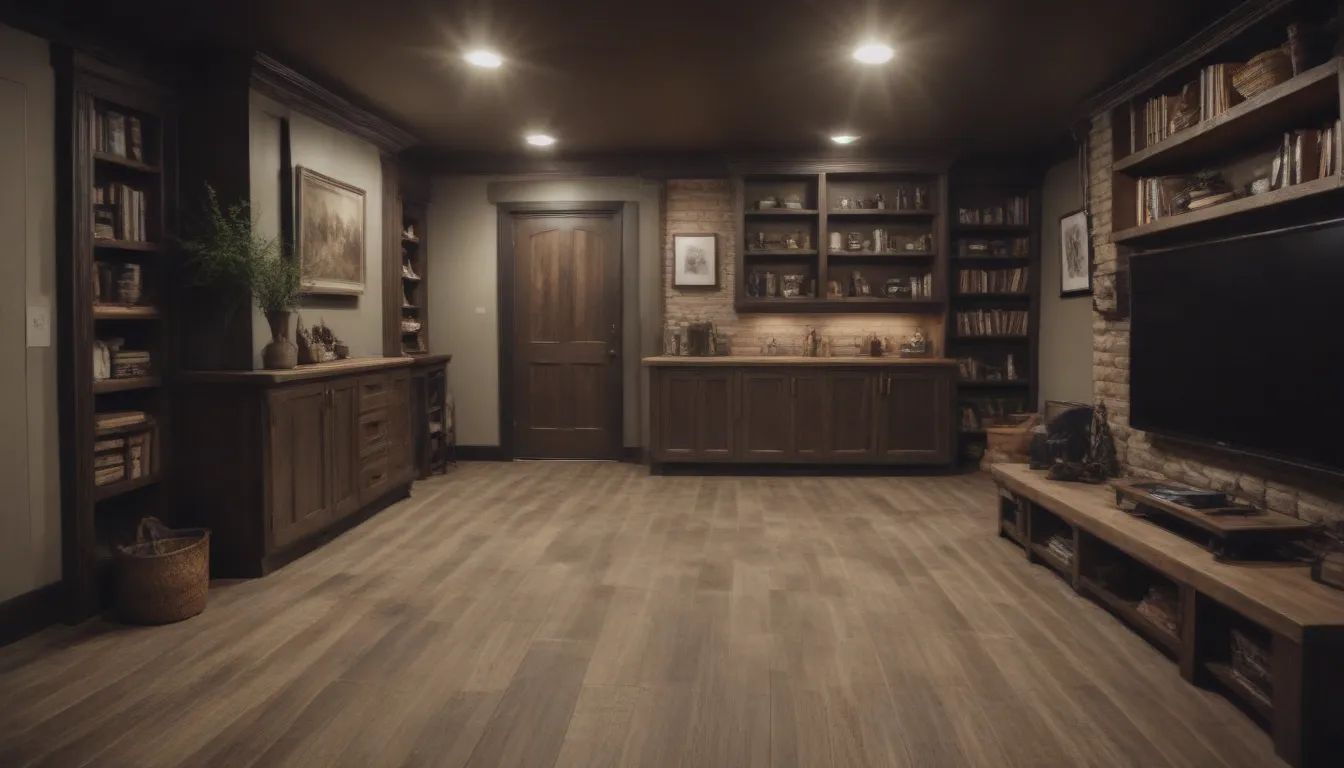
Welcome to the ultimate guide to finishing your basement! Below your feet lies a vast expanse of untapped potential – an area waiting to be transformed into finished, conditioned, and habitable rooms. If you’re a homeowner in need of more space, the basement provides an excellent opportunity to expand your living area without the substantial costs associated with building an addition. In this detailed guide, we’ll explore the costs, benefits, and considerations involved in finishing your basement, whether you choose to tackle the project yourself or hire a professional.
Why Finish Your Basement?
The basement is a versatile space that can be transformed into a variety of living areas, such as a home office, playroom, guest suite, or entertainment room. By finishing your basement, you can add valuable square footage to your home and increase its overall functionality. Plus, a finished basement can significantly boost your home’s resale value.
DIY Basement Finishing
If you’re a handy homeowner who enjoys tackling projects around the house, you may be considering a DIY basement finishing project. With the right tools and skills, you can save money by completing much of the work yourself. Here are some key points to consider when embarking on a DIY basement finishing project:
- Materials: The cost of materials for a basic finish job ranges from $5,000 to $7,000, making DIY basement finishing an affordable option for budget-conscious homeowners.
- Labor: By doing the work yourself, you can save on labor costs. However, keep in mind that unless you’re experienced in working with mechanical elements like plumbing and electrical systems, you may need to hire professionals for certain tasks.
- Extra Features: If your finished basement will include additional features like a new bathroom or wet bar, be sure to budget for these upgrades separately.
Professional Basement Finishing
While DIY projects can be rewarding, hiring professionals to finish your basement offers certain advantages, especially if you lack the time or expertise to complete the project yourself. Here are some key points to consider when enlisting the help of professionals:
- Cost: Professional basement finishing projects can range from $20,000 to $150,000, depending on the size and complexity of the renovation. For a full-scale remodeling project with all the amenities and extras, expect to pay a premium.
- Quality: Professional contractors have the experience and expertise to ensure that your basement is finished to the highest standards. They can also help navigate any building codes or permits required for the project.
- Time: Professionals can complete the project in a timely manner, minimizing disruptions to your daily life and ensuring a smooth renovation process.
Basement Finishing Systems
Another option to consider is a basement finishing system, which involves hiring a local company to install prefabricated wall panels and other components. Here are some key points to consider when exploring this option:
- Materials: Basement finishing systems use lightweight foam or fiberglass panels inserted in PVC or metal frames, providing a tight, dry, and warm space. However, the materials for these systems are sold only to franchised installers.
- Cost: Basement finishing systems typically cost $40 to $50 per square foot, making them a premium option for homeowners looking for a turnkey solution.
Cost Breakdown of Basement Finishing
To help you estimate the cost of finishing your basement more accurately, here is a breakdown of potential expenses to consider:
- Permits: Budget for any necessary building permits before starting your project.
- Framing: Costs for framing out the walls and creating new living areas.
- Drywall: Expenses for installing drywall to finish the walls.
- Ceiling: Budget for a new ceiling, which may involve drop-down panels or other materials.
- Floors: Costs for new flooring materials and installation.
- Bathroom: Additional costs for adding a new bathroom to your finished basement.
- Foundation: Expenses related to sealing and waterproofing the foundation.
- Moisture Control: Budget for moisture control systems to prevent water damage.
- Sump Pump: Costs for installing a sump pump to remove excess water.
- Egress Window: Expenses for adding an egress window for safety and emergency access.
- Wet Bar or Kitchen: Additional costs for adding a wet bar or kitchenette.
- Guest Suite: Budget for creating a comfortable guest suite in your finished basement.
- Closet: Expenses for adding storage space with closets or built-in shelving.
- Fireplace: Costs for installing a fireplace or other heating source.
Conclusion
Whether you decide to tackle a DIY basement finishing project or hire professionals to transform your basement, the key is to plan carefully, budget wisely, and prioritize your needs and preferences. By weighing the costs, benefits, and considerations of each option, you can create a finished basement that enhances your home’s value and provides valuable living space for you and your family. Happy renovating!
